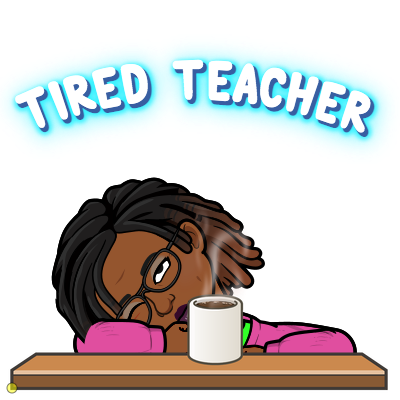There is little doubt that I social media can have profound effects on education as we know it. Social media sites give students the opportunity to expand their knowledge by giving them access to experts outside of their immediate circles. This has the potential to be great, but in order for this to work we need to revamp the educational system as we know it.
Students cannot be left to figure out social media on their own. They need to be explicitly taught how to navigate online spaces. They need to be taught how to think critically. They need to be taught how to analyze the information that is presented to determine if it is accurate or credible. They need to be taught how to communicate effectively when they are not in the physical presence of the person that they are talking to.
The question becomes who is responsible for teaching the students these skills? When should we start teaching them and how does one teach them?

Hi, as a parent, I resonate strongly with your post, in fact I have written about this a couple of times in my blog. With Web 2.0 and even 3.0 in the future featuring so heavily in the lives of our kids, who will be responsible for equipping them with the necessary handles to safety navigate the space? My first instinct would be to say its the role of the parents to do it, however my left hand column tells me that parents themselves may not be able to keep up to date with the latest and newest platforms and may be ill equipped to do so as well. I've no easy answer to this but I think more emphasis from schools and parents should be placed on this subject to ensure that learners can navigate the use of social media responsibly.
ReplyDelete